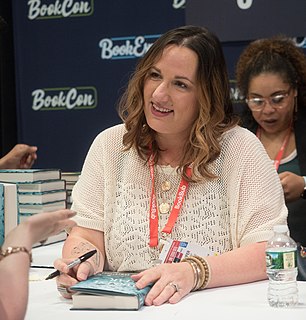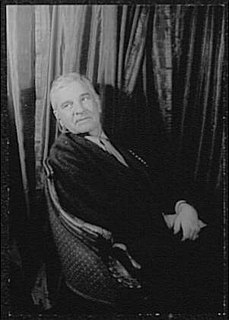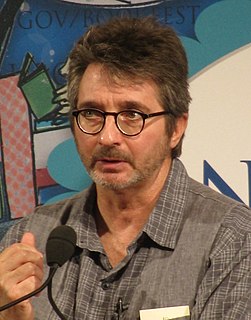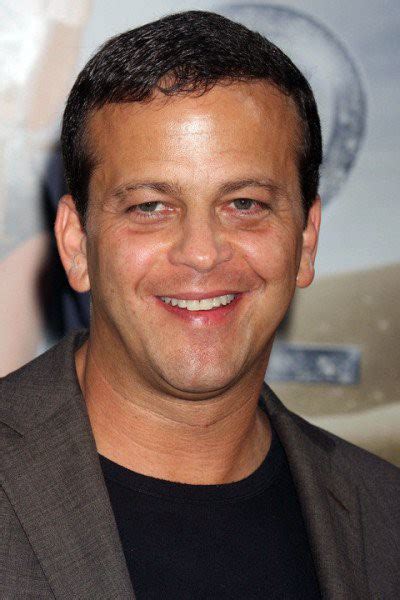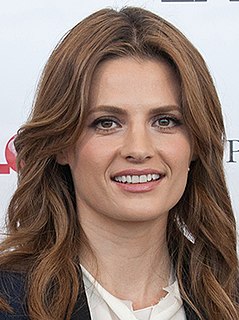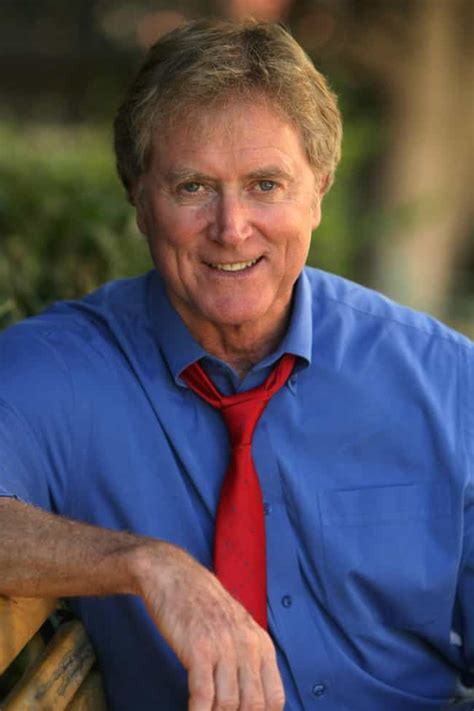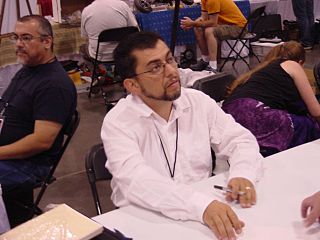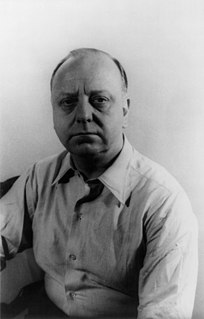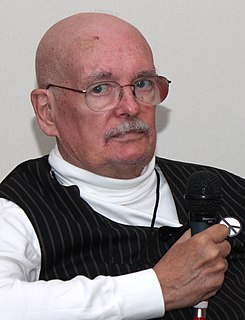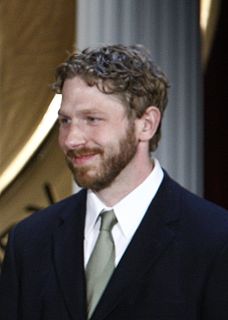Top 1200 Story Writing Quotes & Sayings - Page 15
Explore popular Story Writing quotes.
Last updated on October 16, 2024.
To me, when one is writing sometimes about a very specific subject with very specific people, I feel like if that story doesn't cross over, it's not working. That's very beautiful to me, to be sitting in Berlin and there's an actor reading my book in German. I don't even know what's going on, except I know to feel my own rhythms in another language and say, "If this is going well, I think everyone should laugh around now." Then maybe there's laughter, and for me, it reminds me of how story can move around the world.
The Prodigal Son story is, I think, the greatest short-story ever written. It has such drama in it, such great characters, it's so clear and concise, and it's entertaining in the sense that everyone can relate to it. But you have no doubt what our Lord was trying to communicate in the heart of that story. So the truth was not sacrificed on the altar of entertainment in that case. And it can be.
The seminal elements of what makes a story great - challenge, struggle, resolution - are the same whether we're talking about story content for a movie such as 'Rain Man,' or telling a purposeful story to forge new business relationships or conclude a fruitful transaction, such as acquiring an NBA franchise.
Film writing and concert writing are two very different things. In film writing I am serving the film and it tells you what to write. I have to stay within the parameters of the film. In writing concert music for the stage I can write anything I want and in this day and modern age rules can be broken.
I think that television lately has been extremely dark and, in some ways, cynical but I also think that people who are writing those shows probably feel exactly as I do - that sometimes the darkness of a story can highlight the light in a story. There's a lot of cynical stuff but I think it may be even more in movies now where you see so many movies about cynical and corrupted characters. That's the state of many movies right now but movies, television, all of culture, there's always going to be a battle between the stories that are cynical and stories that are hopeful.
When you're writing - when I'm writing anyway - I'm writing out of different kinds of preoccupations and obsessions, different forms of drivenness, and so you're really hostage those while writing. I am, anyway. And it's only when you finally take the finished thing out of the furnace that you see what it was that went into the making of the thing.
This story ["The Depressed Person"] was the most painful thing I ever wrote. It's about narcissism, which is a part of depression. The character has traits of myself. I really lost friends while writing on that story, I became ugly and unhappy and just yelled at people. The cruel thing with depression is that it's such a self-centered illness - Dostoevsky shows that pretty good in his "Notes from Underground". The depression is painful, you're sapped/consumed by yourself; the worse the depression, the more you just think about yourself and the stranger and repellent you appear to others.
I hate writing. I so intensely hate writing - I cannot tell you how much. The moment I am at the end of one project I have the idea that I didn't really succeed in telling what I wanted to tell, that I need a new project - it's an absolute nightmare. But my whole economy of writing is in fact based on an obsessional ritual to avoid the actual act of writing.
When I read the script of 'Karu,' there was a spark within, and I instantly connected with the story. I was emotionally attached to the story. After we finished shooting, I was so attached to the kid who played my daughter, I wanted to adopt her. That's how strong my emotional attachment was with the role and the story.
He did not know that the new life would not be given him for nothing, that he would have to pay dearly for it, that it would cost him great striving, great suffering. But that is the beginning of a new story -- the story of the gradual renewal of a man, the story of his gradual regeneration, of his passing from one world into another, of his initiation into a new unknown life. That might be the subject of a new story, but our present story is ended.
It was not a choice of writing or not writing. It was a choice of loving my life or not loving my life. To keep writing was always a first priority.... I worked probably 25 years by myself.... Just writing and working, not trying to publish much. Not giving readings. A longer time than people really are willing to commit before they want to go public.
One of the remarkable qualities of the story is that it creates space. We can dwell in a story, walk around, find our own place. The story confronts but does not oppress; the story inspires but does not manipulate. The story invites us to an encounter, a dialogue, a mutual sharing. As long as we have stories to tell to each other there is hope. As long as we can remind each other of the lives of men and women in whom the love of God becomes manifest, there is reason to move forward to new land in which new stories are hidden.
People will ask me, "How do you approach writing books for young readers differently than for adults?" My answer is always: I don't change anything about the story itself. I'm going to tell kids the way things really were. What I don't do - and this is the only thing I do differently in writing for kids - is that I don't revel in the gory details. I allow readers to fill in the details as necessary. But I don’t force kids to have to digest something they’re not mature enough or ready for yet. If they are, they can fill in the details even better than I could, just with their imaginations.
Writing is writing to me. I'm incapable of saying no to any writing job, so I've done everything - historical fiction, myths, fairy tales, anything that anybody expresses any interest in me writing, I'll write. It's the same reason I used to read as a child: I like going somewhere else and being someone else.
Writing about real stuff that really concerned me brought out my craft. If you're writing a story about, 'Is Lois Lane gonna figure out that Superman is Clark Kent?' - it's really hard to get involved in that on anything other than a craft level. And I'm not gonna put down craftsmanship; it is a noble enough thing to have made a table that you can pound on and it doesn't fall down. But occasionally, we might have an assignment that engages some other parts of ourselves, and those tend to be the good stories.
A story is a story is a story. The only difference is in the techniques you bring to bear. There are always limitations on what you can and can't do. But I enjoy that. Just like when you write a sonnet or haiku, there are rules you have to abide by. And to me, playing within the rules is the fun part. It keeps the brain fresh.


